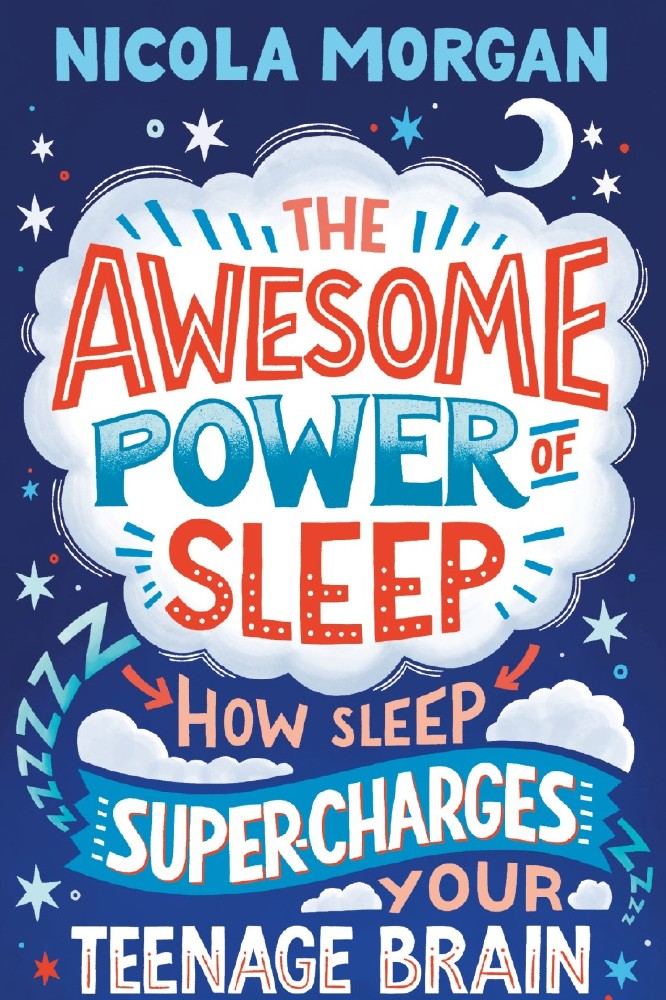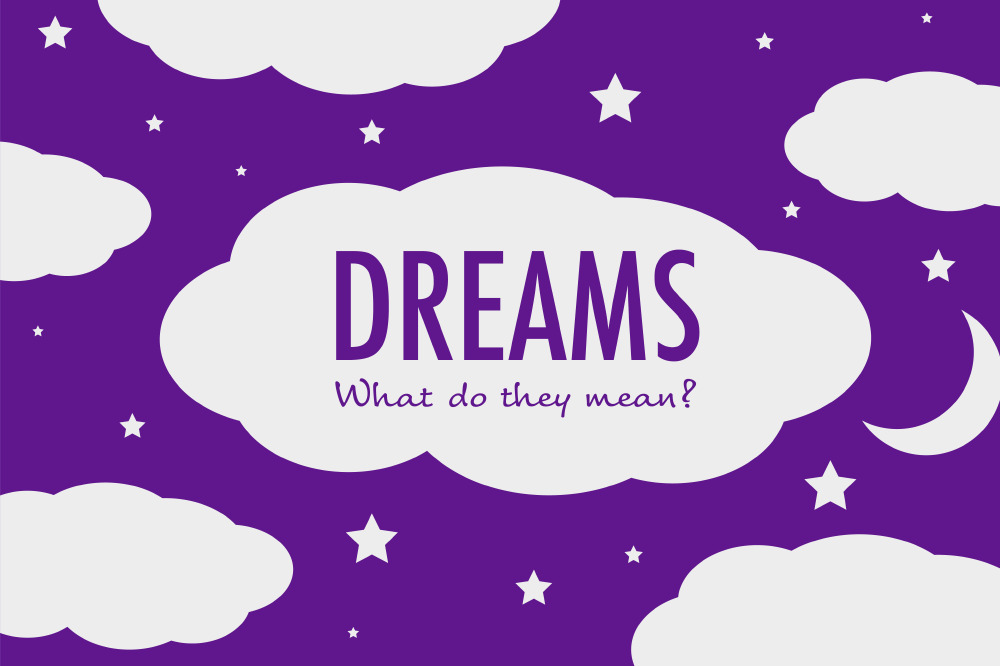1. Sleep affects everything in our body
We used to think sleep was just about recharging. Some people even thought it was a waste of time. Thomas Edison famously tried to manage on as little as possible, though he did also have daytime naps. Now scientists know that getting the enough sleep affects our whole body: mood and mental health, cell repair, growth, learning, memory, immune system, cardiovascular health, even our risk of serious illness and dementia. Unfortunately, knowing this can make us panic when we can’t sleep, which in turn stops us sleeping. The trick is to understand the importance of sleep while also knowing how to achieve it. My job is to teach people this trick!

The Awesome Power of Sleep
2. People who boast about functioning well on very little sleep are usually wrong
Unless you are one of the very rare people (estimated at below 0.5% of the population) with a genetic mutation called DEC2, you will suffer if you routinely have less than six hours. You might believe you’re fine but you’ll perform less well than if you slept more and you’ll find effects on mood and other aspects of health. You also raise your risk of serious illness.
We should all assume that we need more than six hours and aim for closer to eight (and nine for adolescents), though it’s important to realise that those are averages, so if you genuinely feel great on seven, go with it.
3. After alcohol, you have less restorative sleep
The deep sleep stages which give us the restoring aspects of sleep require our heartrate to slow. For several hours after alcohol, heartrate is faster. Since more deep sleep happens in the first half of a night, your raised heartrate means you don’t get deep sleep’s benefits. If you also go to bed unusually late, your body skips the normal deep sleep time and goes straight to early morning cycles.
4. Teenagers need more sleep than adults
Adolescents have three biological sleep differences: they need more (on average 9.25 hours); the sleep hormone, melatonin, switches on late at night (as late as or later than adults); and the melatonin switches off again later in the morning than adults, leaving most teenagers sleep deprived, especially on a schoolday.
The way to tackle this is to use ‘sleep hygiene’ techniques to shift sleep start to earlier. The main point is to create a routine: a repeated set of what I call ‘sleep-positive actions’ to trick the brain into switching on melatonin earlier and starting the body’s journey to sleep. All the details in The Awesome Power of Sleep! And see point six below.
5. The worst thing for sleep is an anxious or excited mind
I’m sure we all know this but what to do about it? This year, more than any, we’ve had things to be anxious about. As well as Covid and worrying about all my cancelled engagements, I’ve been living in a 5-month building site, had my daughter, son-in-law and baby grandson living with us for 6 months, written three books and had to deal with the downs and ups and plans of another daughter’s wedding, so I’ve had my share of sleep loss. The main tricks involve directing our mind onto either boring, practical or happy thoughts (I have a bank of them which I can pull out as needed!) and, when all else fails, getting up to do mundane tasks – but not switching a screen on.
6. The best thing for sleep is a winding down routine
It’s not what you do in bed that’s so important as what you do in the 1-2 hours before. The Awesome Power of Sleep lists a load of sleep positives (things that will help) and sleep negatives (things to avoid). Each family member should create a personal routine of a few sleep positives (two of which must be “block out daylight” and “switch off screens” and do them in the same order and at the same time each evening. This signals sleep to the brain and the brain will then put your body and itself into calm sleep mode.
7. Parents affect their children’s (and teenagers’) sleep
As parents, we need to set a good example, showing that we think sleep is important, making sleeping spaces as ideal as possible, keeping screens off at night and building calm evening routines together. But we also know that teenagers with parent-set bedtimes get more sleep than those without. In other words, you set the bedtimes, in an informed and thoughtful way and with discussion and education. Sleep is not there to stop them having fun but to build fresh, brilliant, successful brains and bodies for the morning, so they can enjoy life more, not less.
8. Exercise during the day helps sleep at night
We don’t know why but many studies have shown that we tend to sleep better if we’ve had exercise earlier in the day. Perhaps it’s because exercise makes us feel mentally good and relieves stress and anxiety, the biggest hindrance to sleep. The knowledge that we did a healthy thing earlier in the day could help us not feel negative or anxious when we get into bed. But the exercise should not be in the evening as this makes us alert and makes it hard for our body to wind down.
In short
Sleep is not a waste of time: it’s a gift to every cell in our bodies! We owe it to ourselves and our children to make it a priority and to practise all the tricks but not to panic on those nights when sleep eludes us.
I wrote The Awesome Power of Sleep for teenagers, because that’s who all my books are for but in fact every single one of the tips and insights is equally useful for adults. I don’t mind if you read it and share it with them or they read it and start to educate you about sleep: I just want people to sleep (but not while reading my books!)
Nicola Morgan, The Teenage Brain Woman, is a multi-award-winning author and speaker whose work on young brains, psychology and mental health is loved by teenagers, secondary schools and families around the world. In the past she has been a YA novelist, English teacher and dyslexia specialist and the mother of two teenage (now grown-up) daughters. Now, when not writing and dreaming in a garden office over a valley, she keeps herself physically and mentally healthy as a passionate vegetable gardener, decent cook and determined runner.
For all her books and lots of free advice, see www.nicolamorgan.com Nicola also does talks, online or in person, for conferences, schools and public audiences.
RELATED: What does it mean to dream about sleep?
You are comfortable with a decision you have just made and are able to sleep with a clear conscience. You are satisfied with your choices. More negatively, it could mean that you are ignorant to the feelings and situations around you. Perhaps you are not aware or have been informed about something. It’s possible you have but you don’t want to get involved or you no longer care about it... to read more click HERE

Tagged in Sleep

